
This call is specifically geared towards young scholars - doctoral or post-doctoral researchers - who plan to do innovative research on the life course. The funding can be used either to write a paper (for PhD students and post-docs) or to develop a new project (for post-docs). LIVES received numerous applications and granted funding ranging from 2000 to 15'000 CHF to 15 researchers.
UNIGE | |
Olga Ganjour This project focuses on finalizing two publications initiated during a post-doc position at the NCCR LIVES. The first publication “Family configurations of same-sex families in Switzerland: inclusive or exclusive?” uses social network analysis on data from the survey on rainbow families collected in 2021. The second publication “Spending time in family: relational time use in Swiss couples” uses social network analysis combined with sequence analysis. The data comes from the 3rd wave of the survey "Social stratification, cohesion and conflict in contemporary families" collected in 2011. Publication Ganjour, O., Widmer, E. D., & Roca i Escoda, M. (2025). Family networks of lesbian and gay people in Switzerland. Family Relations, 74(2), 791–807. https://doi.org/10.1111/fare.13124 |  |
Chiara Scarampi Dismantling the Mechanisms of Cognitive Reserve in Old Age: The Role of Metacognitive Competence Cognitive reserve is indicative of the available capacity to preserve cognitive functioning in old age, delaying or modifying declines in wellbeing, mental and physical health. The mechanisms underlying the protective role of cognitive reserve on cognitive aging remain mostly unclear. The proposed project aims to move one critical step further and help improve the understanding of the effects of cognitive reserve on cognitive health by proposing a possible mechanism of cognitive reserve in old age: metacognitive competence. | 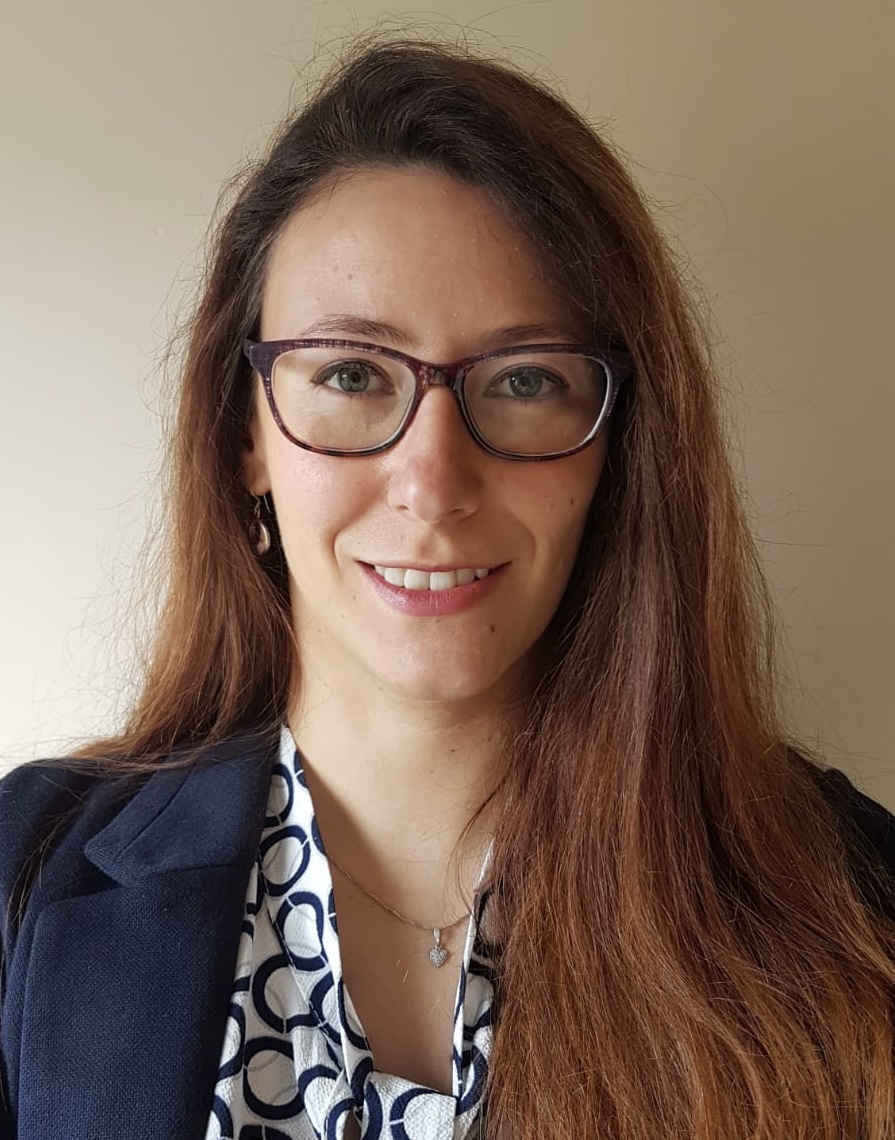 |
Liala Consoli Qualitative longitudinal methods to study life course transitions and adaptations to changing institutional context Qualitative longitudinal research (QLR) is increasingly gaining recognition in life course research. Indeed, it enables a better understanding of life course transitions, biographical agency, complex causality, and processes of adaptation to changing contexts. This project involves the preparation of a working paper that includes the protocol of the QLR fieldwork that I conducted as a doctoral research assistant in the Parchemins project, and develops some methodological issues of QLR, such as: How to incorporate time into thematic analysis? When is it appropriate to integrate participants in the analysis of their past narrative? How to study the dynamics of aspirations over time? | 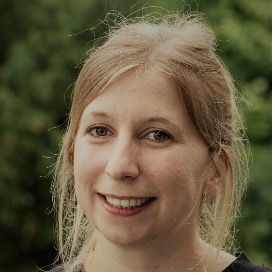 |
Patrick Naef Living with criminal groups and developing strategies to ensure the day-to-day safety of communities. Patrick Naef developed a life story approach during a decade of fieldwork in Medellin, the second city of Colombia. His research examines how communities navigate life in the presence of criminal groups and the strategies they put in place to ensure their everyday security. He provides a micro-study of criminal governance, focusing on practices such as extortion and conflict resolution by criminal groups (e.g. street-gangs and paramilitaries). In contrast to prevailing approaches to criminal governance, often based on quantitative and second-hand data, he offers an anthropological study of the intimate relations that shape this phenomenon. Publication Naef, P. (2025). Navigating Criminal Governance in Colombia: A Life Stories Approach. Critical Criminology. Advance Online Publication. https://doi.org/10.1007/s10612-025-09829-0 | 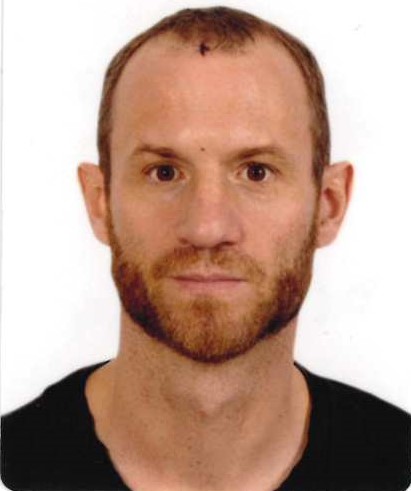 |
Sabrina Roduit Crossing sociological views on social inequalities in health, migration and the life course. This research project focuses on the effect of border spaces in the possibility to constitute reserves to improve health status of people who experience cross-border mobility. It emphasises on the logics of triage and externalisation of care and their impact on health and life trajectories, especially among vulnerable people. A multisite study with a mixed-method design is proposed, comparing two Franco-Swiss border areas (Grand Genève area and Basel agglomeration). In addition, a participatory research perspective is used (through partnership between academic and field actors), in an aim of social justice and to formulate recommendations for innovative policies. Photo copyright : ©Photographisme | 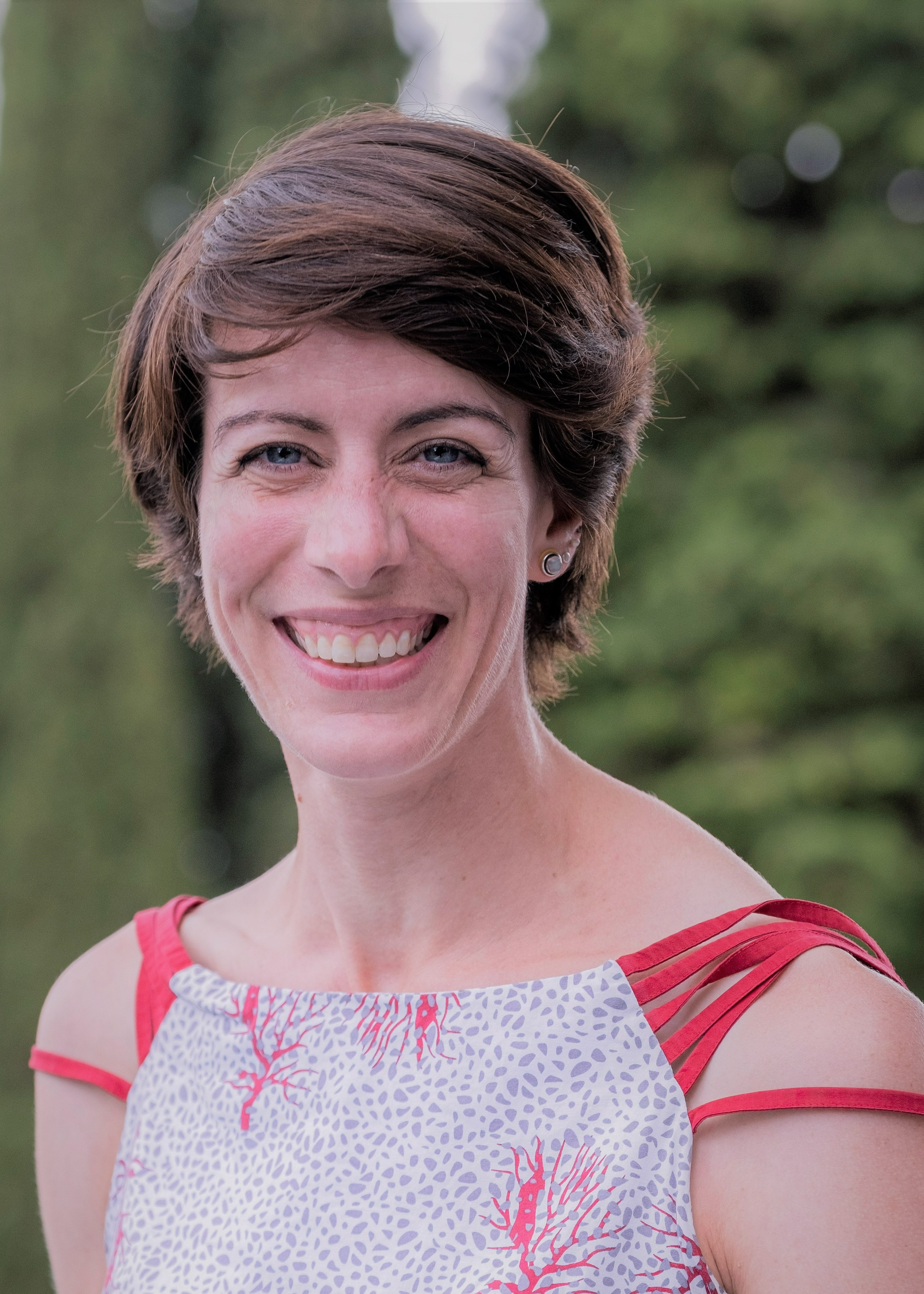 |
Simone Ranocchiari Living in a district condemned to demolition: densification and transitional housing in Geneva. Densification projects – which involve demolishing or transforming existing buildings – open up possibilities for “transitional housing” experiences, as in Concorde’s neighbourhood, Geneva. Our goal is to investigate these local temporary dwelling experiences through the “geobiographical approach”, which implies using life-course analysis to better understand ‘places’ (i.e. lived and experienced spaces), that we conceive as the contingent product of the encounter of different biographical trajectories. Together with other methods, this will enable us to better understand what characterises the experience of transitional housing, how this affects the very idea of dwelling and its consequent potential impacts on the making of the city. | 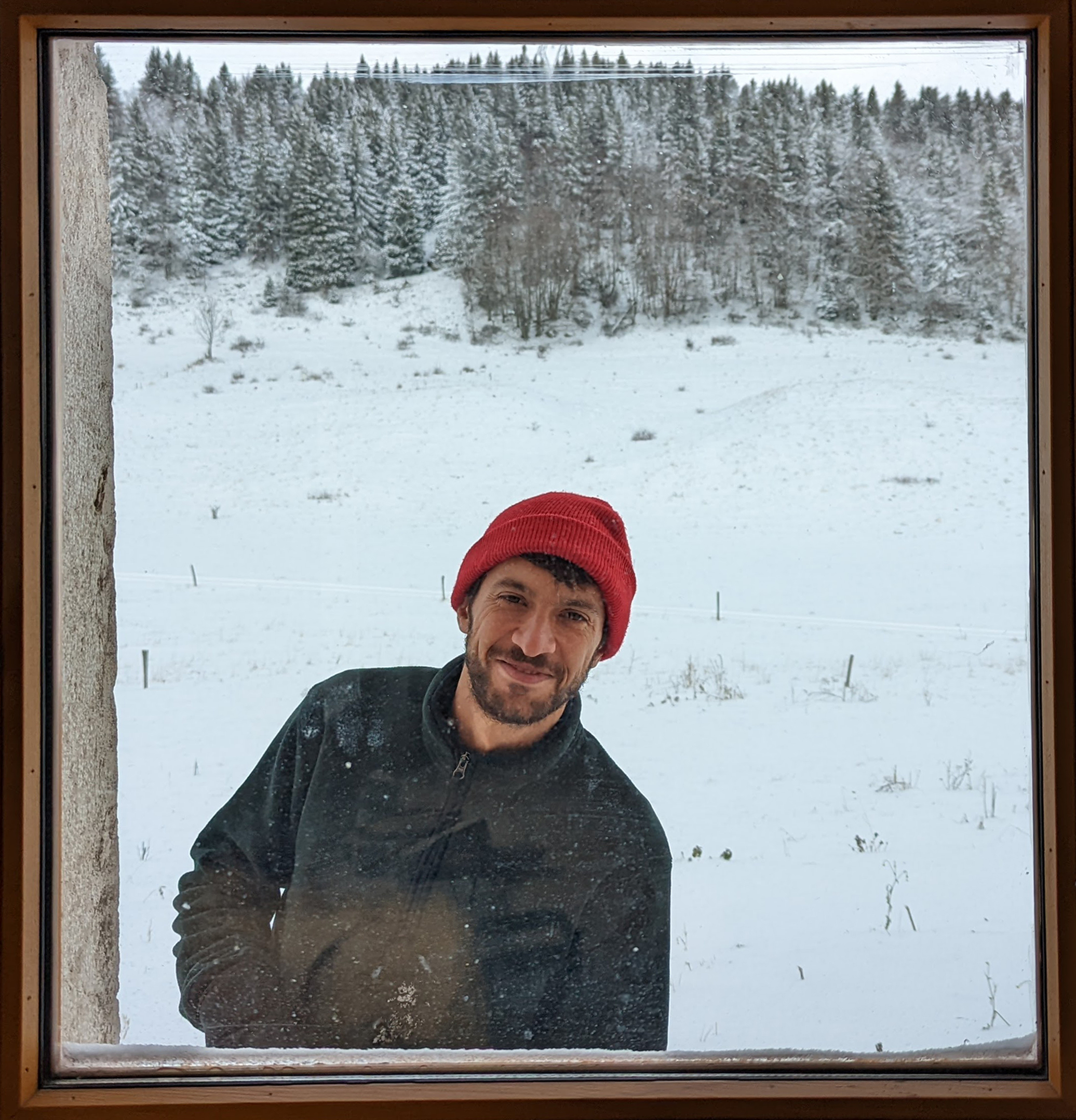 |
Valentina Holecz Welcomed with open arms: young adults challenge the emerging citizens' narrative My research aims to explore how young adults comprehend participatory citizenship and engage in political activities. Using qualitative longitudinal research methods, I will investigate the developmental journey of young adults as they transition from being citizens-in-the-making to fully-fledged citizens, drawing on Marshall's (1950) framework. To achieve this, my post-doctoral project will follow a cohort of 17-18-year-old young adults who are currently not involved in any political activities, and examine their subjective experiences as they transition into adulthood and become active citizens. I will begin by selecting a sample of young adults who are invited to participate in citizenship ceremonies organized by Swiss municipalities to mark their attainment of full citizenship. |  |
UNIL | |
Anouk Jasmine Albien Conducting qualitative interviews as part of a research project on expatriates' adjustment processes assessing vulnerability, resilience and resource processes. “Migrant Adjustment Resilience, Vulnerability & Resource Processes (MARVR)” is a qualitative research study examining the adjustment processes of expatriates, especially in the case of Switzerland, by assessing vulnerability, resiliency and resource processes. Qualitative interviews will be conducted to allow participants to explain their expatriate experiences based on self-identified vulnerabilities, resilience and resource processes at individual, social, socio-environmental and macro-level forces. Manuscript Albien, A. J., Gkiotsa, L., Ruedin, D., & Rossier, J. (submitted). Narratives of resiliency and vulnerability processes explored in highly skilled expatriates. Manuscript submitted for publication. | 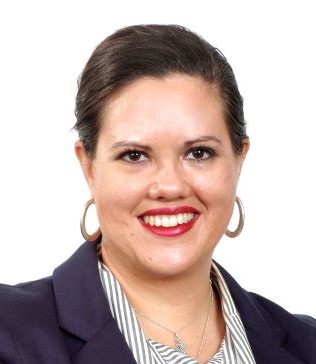 |
André Oliveira Borges Precarization processes in dirty work: A qualitative investigation with domestic cleaning workers This project aims at identifying processes leading to work precarity by exploring experiences and trajectories of domestic cleaning workers in Switzerland through semi-structured interviews. Domestic cleaning portrays an emblematic case of dirty work defined as “tasks, occupations and roles that are likely to be perceived as disgusting or degrading” (Simpson et al., 2012, p. 1), and this concept well represents such a situation that favors work precarity. However, research has underexplored (1) life and work trajectories that may lead to dirty work and (2) specific conditions that may maintain its workers in precarious occupational positions. Publications Borges, A., Greve, M., & Massoudi, K. (2025). An Investigation of Work Precarity Among Paid Domestic Cleaning Workers in Switzerland. Journal of Career Assessment, 33(3), 569-591. https://doi.org/10.1177/10690727241287534 Borges, A., Greve, M., & Massoudi, K. (2025). The road to precarious work: Studying paid domestic cleaning workers’ career trajectories. Journal of Counseling Psychology. Advance online publication. https://doi.org/10.1037/cou0000840 | 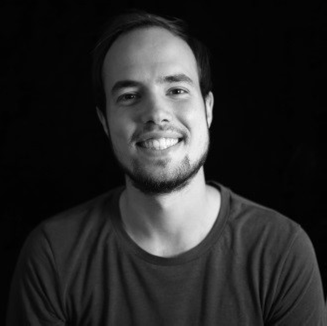 |
Mengling Cheng Integrating the life course perspective into the exposure to famine in China between 1959-1961. Literature suggests that undernutrition/famine exposure in childhood has both immediate and long-term adverse health consequences including non-communicable diseases (NCDs). However, many existing studies have theoretical and methodological limitations. In the proposed study of a large-scale cohort (Nparticipants≈26,000, China Health and Retirement Longitudinal Study, 2011-2018), we will adopt a life course perspective and use more robust methods to investigate whether exposure to the 1959-1961 Chinese famine is associated with later-life NCDs and if this association depends on: life stage at exposure, domain of NCDs, and sex. This collaboration work between researchers from the LIVES Centre (Mengling Cheng, Nicolas Sommet, Daniela Jopp, Dario Spini) and LSHTM (Marko Kerac) will contribute to literature, policy, and practice of improving the health of vulnerable older adults. Publication Cheng M., Sommet N., Kerac M., Spini D. (2024) Long-term and intergenerational effects of early-life exposure to the 1959–1961 Chinese famine on health. Innov Aging. 8(Suppl 1):658. https://doi.org/10.1093/geroni/igae098.2152 |  |
Lisa Faessler Study of the impact of the Röstigraben cultural border in Switzerland on health-related vulnerabilities and coping strategies over the life course. Cultural evolution theory implies that social learning can lead cultural groups to differ in the same environment. In this project, Lisa Faessler, Rafael Lalive, and Charles Efferson investigate the impact of culture on health-related life-course vulnerabilities and coping strategies. Using secondary data on health combined with distance data, we exploit the Röstigraben, a language border that divides Switzerland without any institutional boundary and can potentially act as a cultural border. Using a regression discontinuity design, we estimate discontinuities at the border in mental and physical health attitudes and behaviors. Publication Faessler, L., Lalive, R., & Efferson, C. (2024). How culture shapes choices related to fertility and mortality: Causal evidence at the Swiss language border. Evolutionary Human Sciences, 6, e28. https://doi.org/10.1017/ehs.2024.19 | 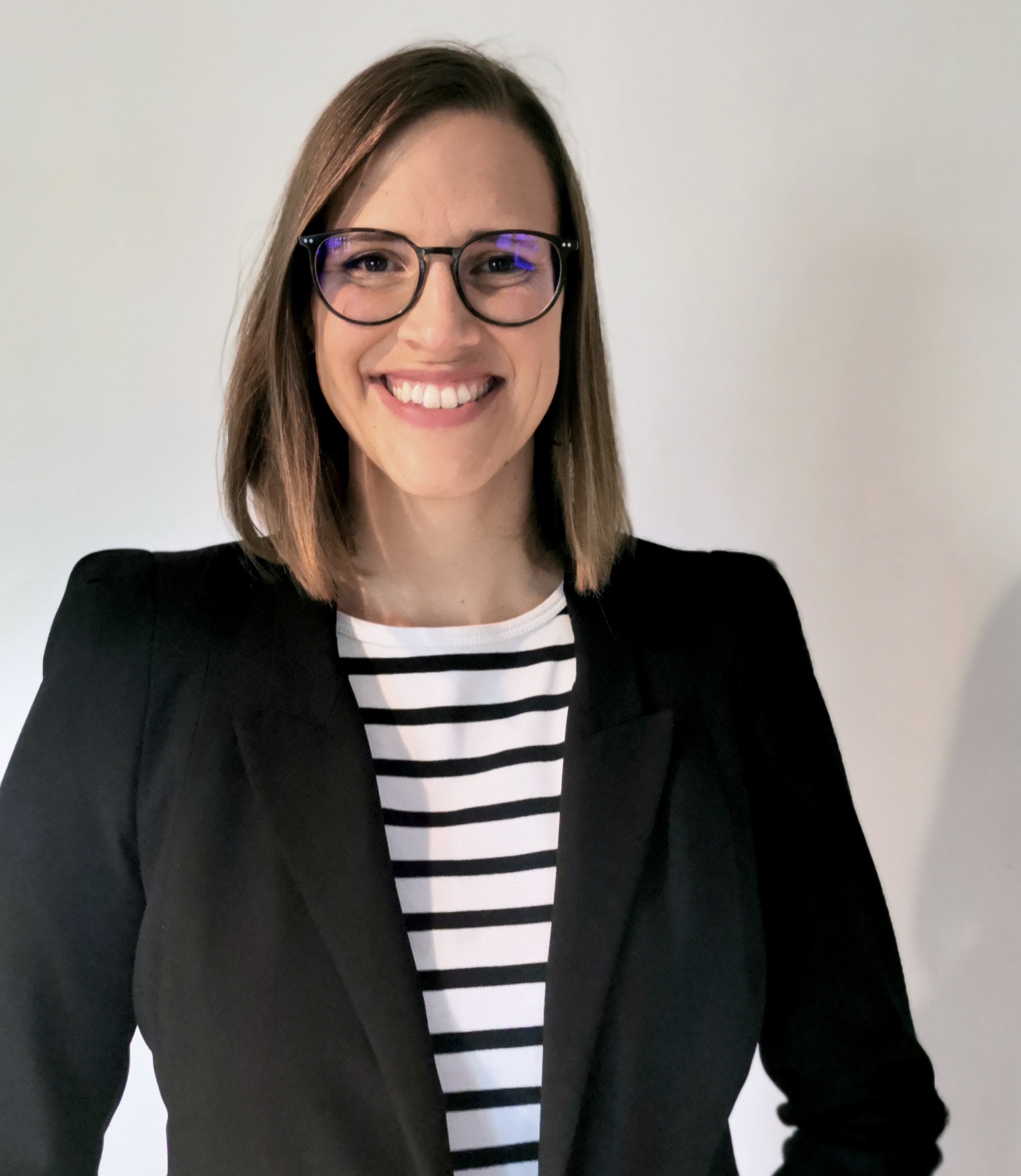 |
Claire Leeming Employability development and sustainable careers of mid-career and older workers in Switzerland Switzerland is experiencing a phenomenon of demographic aging, placing strain on the pension system, and requiring individuals to stay in the labor market. Yet a de-standardization of career paths and more frequent career transitions pose challenges to the employability of mid-career and older workers. This qualitative project aims to identify the factors that promote career sustainability, employability, and career transition management skills of people over the age of 40. The objective is to describe how people adjust to transitions, manage resources, and mobilize skills and strategies to maintain career sustainability and employability. | 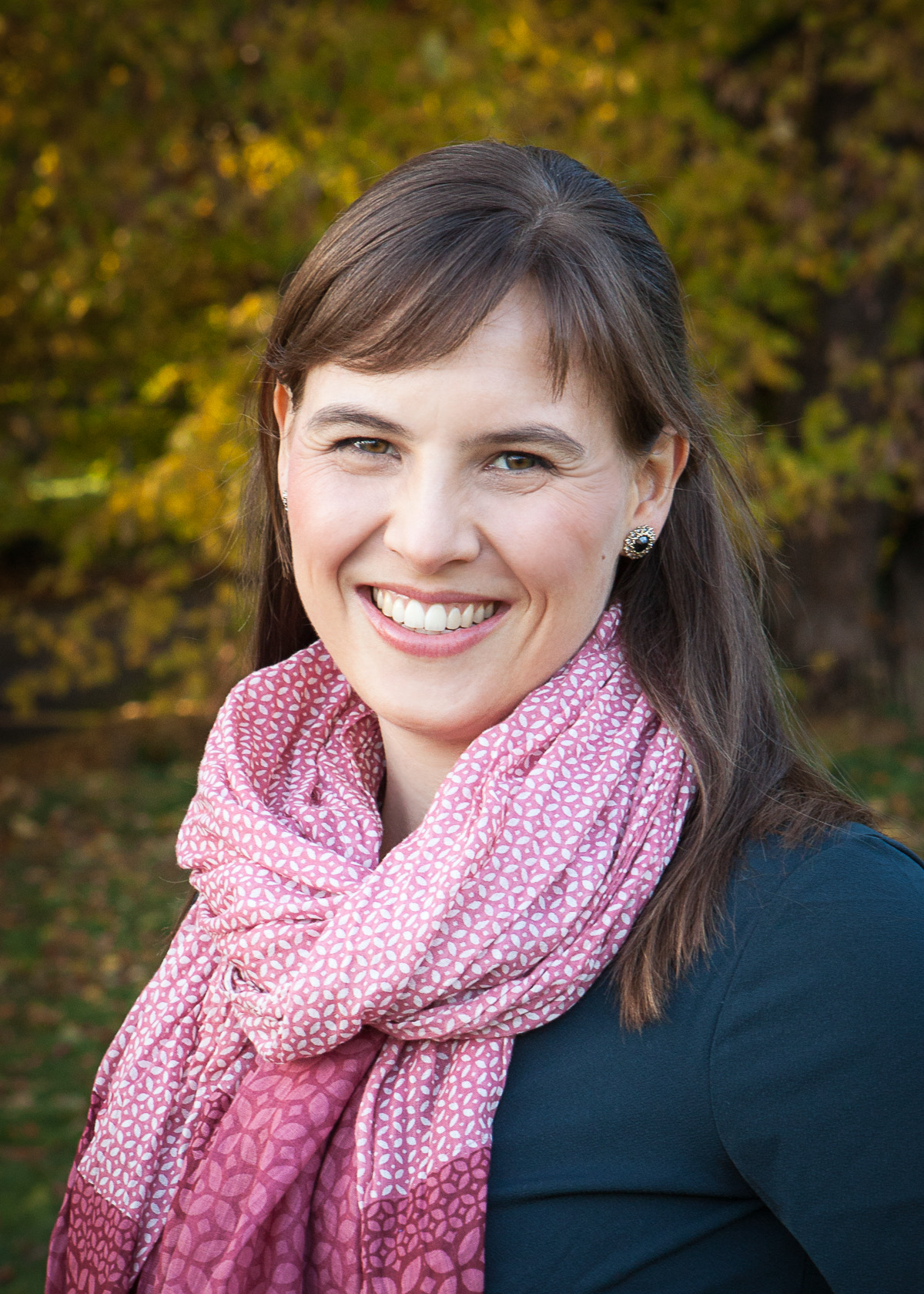 |
Angélique Roquet Study of the effect of macro-social factors such as different levels of industrialisation on the vision of ageing in three countries: Togo, Morocco, and Switzerland. The main objective of the AfricAging Project is to study the effect of macro-social factors such as different levels of industrialization on views of aging in three countries : Togo, Morocco, and Switzerland. In each country, we will investigate the physical, psychological, social, and economic factors that contribute to lay perspectives of successful aging and examine the role of cultural and societal contexts in shaping the experience of aging. | |
Nada Jmili Evaluation of the effectiveness of a new and original type of sexual harassment intervention, improvisational theatre. A recent survey withing the University of Lausanne (UNIL) showed that among students, 41% of women and 33% of men reported experiencing SH during their studies (Felder et al., 2022). The aim of this study is to evaluate the effectiveness of a new and original type of intervention regarding sexual harassment: Improvisational theatre. This study intent to raise awareness and fight against sexual harassment among students on campus and prepare them for future work experiences and internships using interactive improvisational theatre interventions. Manuscript Jmili, N. (2024). Beyond trainings: Addressing workplace sexual harassment through improvisational theater interventions [Unpublished manuscript]. University of Lausanne. | 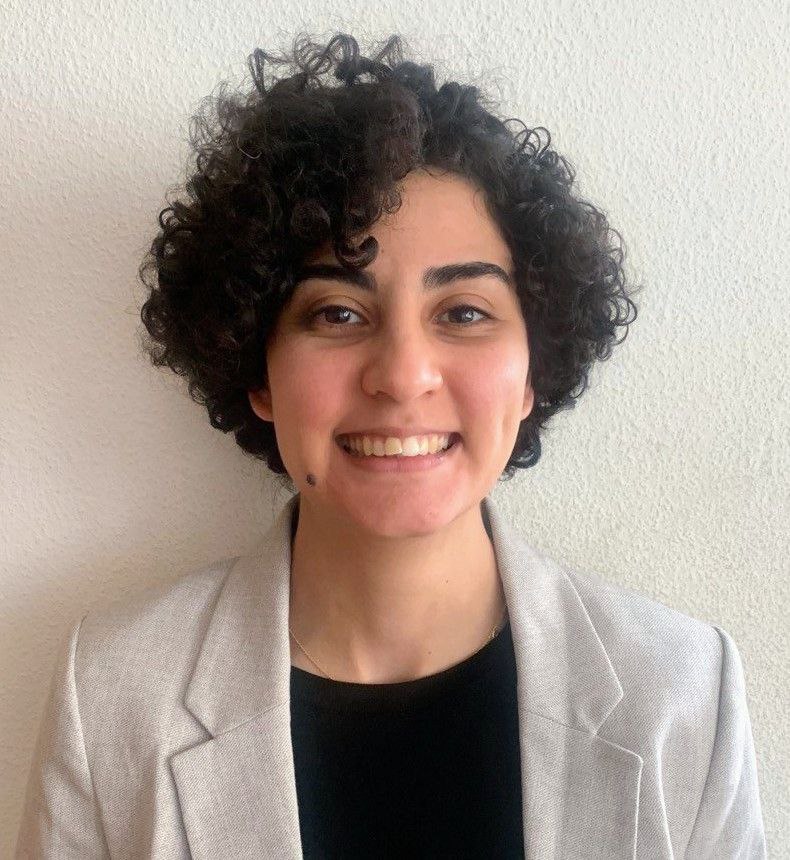 |
Nicolas Sommet Association Between Economic Inequality and Psychological Health: A Preregistered Meta-Analysis Using Machine Learning Does living in an economically unequal context affect psychological health? Existing meta-analyses on this subject are based on a small number of studies, some of which used inappropriate data analysis techniques. The present meta-analysis addresses these limitations by using a dataset of over 150 studies that employ appropriate analytical methods (multilevel models, fixed-effect models). In addition, it will use an ensemble learning method to examine a large number of potential moderators in an inductive way. This study has the potential to become the most important meta-analysis in the field and uncover new directions for future research. Publication Sommet, N., Fillon, A., Rudmann, O., Rossi Saldanha Cunha, A., & Ehsan, A. (2025). No meta-analytical effect of economic inequality on well-being or mental health. Nature. https://doi.org/10.1038/s41586-025-09797-z | 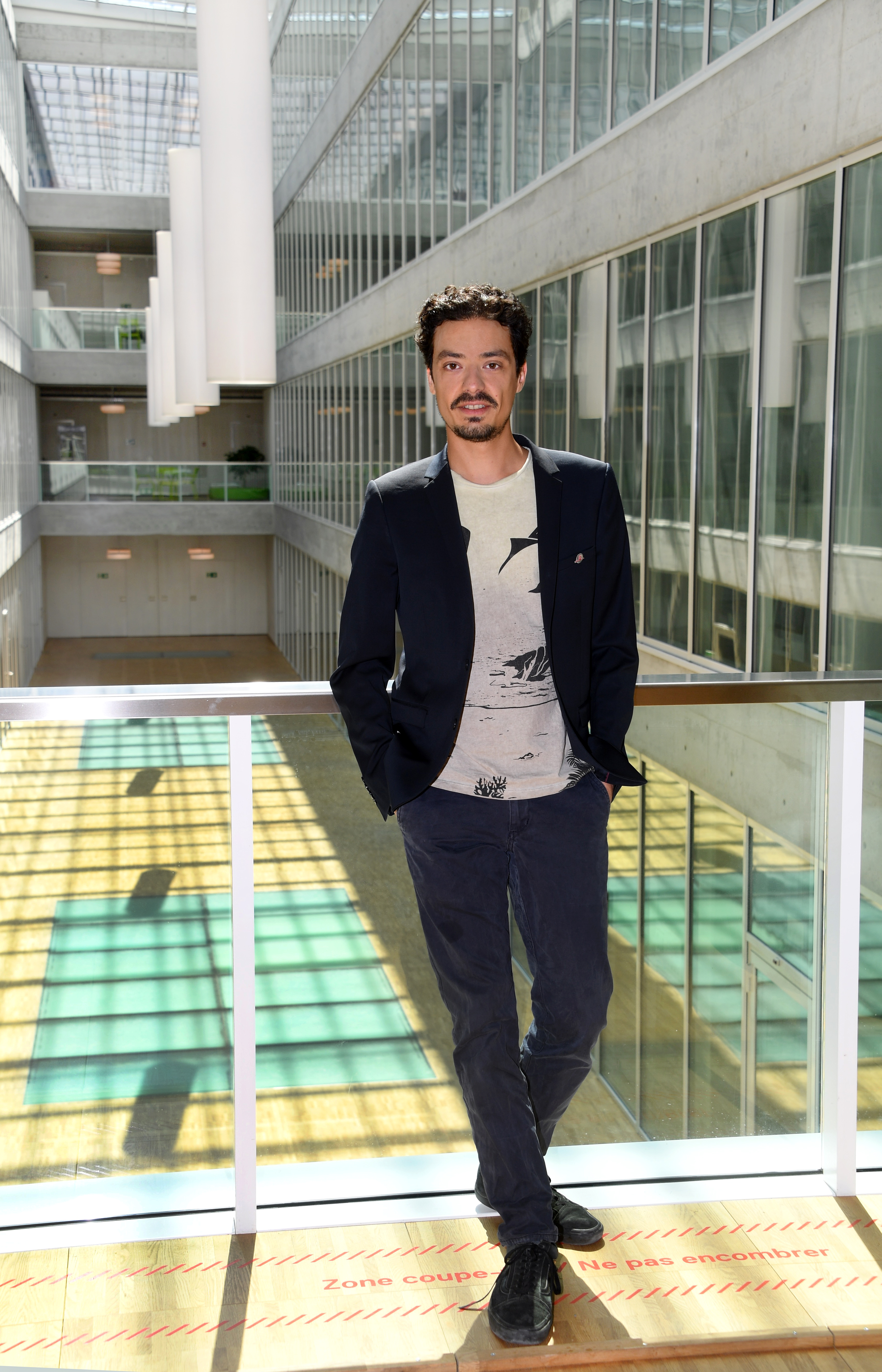 |
The LIVES Centre offers three types of grants to support innovation in life course research: the "Seed money", the "Young scholar grant" and the "Visitor grant". These funds are addressed to the members of the LIVES Centre as well as to the extended network of researchers studying the life course and vulnerability.

